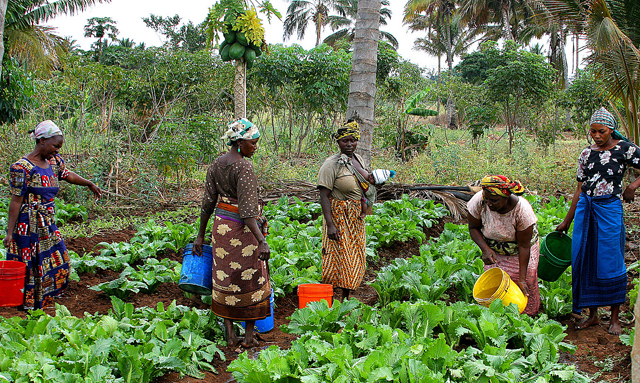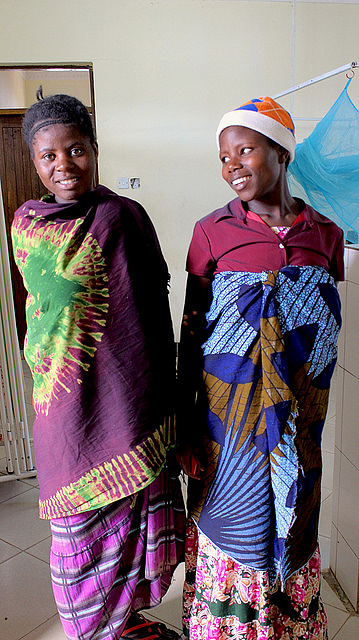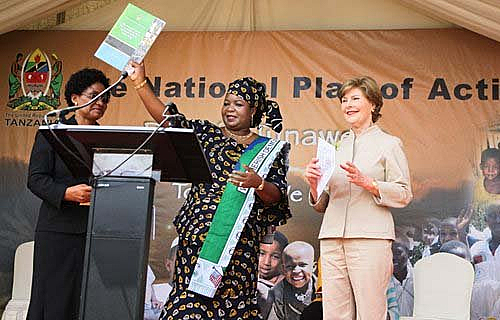Several NGOs in the Rukwa Region of Tanzania have been campaigning recently for their society to promote more gender equality. They are particularly focused on women having better guarantees to the lands they help farm. Several of the villages mentioned last week in a news report about the situation are located in the traditional Fipa territory of the Rukwa Region.

According to the news story, activists from ActionAid Tanzania and from Lawyer’s Environmental Action Team called on the rural people to give more land rights to women. They emphasized that theme during a training program related to natural resource conservation, land rights issues, gender equality, and land use planning held in the village of Ilemba, which is in the rural part of the Sumbawanga District, in the Rukwa Region.
The training, supported by the WWF – Netherlands and the IUCN National Committee of the Netherlands, was offered free of charge to the villagers. The goals of the sponsoring organizations were to help the people realize their rights, which should lead them to provide lands to their wives and daughters. The training session, the sponsors hope, will encourage women to demand their rights and encourage them to seek legal help when they face discrimination in land-related disputes.

Haki Ardhi, from ActionAid Tanzania, urged the women in the Rukwa Region and the neighboring Katavi Region to join groups that will allow them to demand their rights more effectively. He said that by uniting, the women would strengthen their advocacy and lobbying. He emphasized the importance of valuing land ownership from both the husband’s and the wife’s perspectives, which will help prevent conflicts from developing that might cloud future family relationships.
This latest report continues a pattern of actions and news reporting from southwestern Tanzania about gender relations, particularly gender-discrimination and occasional acts of violence. Updating studies by anthropologists such as Willis (1989b) and Smythe (2006) about the traditional patterns of gender equality among the Fipa, the news reports over the past six years show an increasing concern for the issue—and the ways the Fipa villagers are handling them.

In early March 2013 a news story reported that the woman who was then Tanzania’s First Lady, Salma Kikwete, went to Sumbawanga and spoke to more than 1,000 kids at a girl’s school about the importance of women getting an education. She urged the girls to make other choices than getting pregnant and dropping out of school.
A review of the news stories shows that the women in that section of Tanzania have been getting more assertive as the years have passed. In April 2017, a village man was severely punished by the village women for the crime, in their eyes, of publicly abusing his mother. For publicly insulting and shaming his mom, according to a news story, the village women tied the man, pushed him into a pit filled with cow dung, made him parade around the village nearly naked, and so on. They punished him for much of the day. Later in 2017, another news story reported on the fact that Fipa men are complaining to the police that the women are beating them.
We can’t be sure but it might appear from the scattering of news reports that the Fipa and the rest of Tanzanian society are trying to improve the local gender relationships. However, Hamsi Mathias Machangu, the author of a recent journal article on the killing of old women accused of witchcraft among the Fipa, came to very different conclusions. The pattern of violence against elderly women seems to be increasing.
Machangu blames the growing gender violence on a variety of reasons such as increasing rural poverty, government policies that have promoted male domination over females, the denial of education to girls, and the concentration of rural people into more heavily settled communities. There are clearly a variety of factors impinging on the gender relationships of the rural Fipa people.